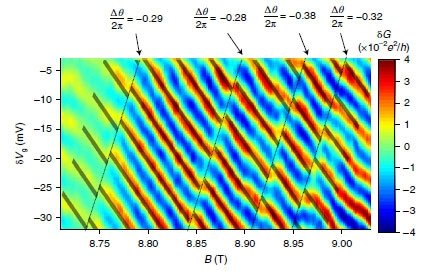
Anyons Found! Best Evidence Yet for these Long-Sought Quasi-Particles

Anyons Found! Best Evidence Yet for these Long-Sought Quasi-Particles

Dr James Nakamura, Purdue University, winner of the 2022 Lee Osheroff Richardson (LOR) Science Prize!
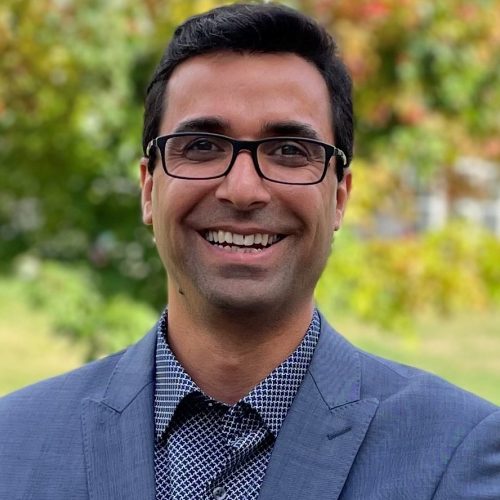
Prof. Mahdi Hosseini receives NSF CAREER Award
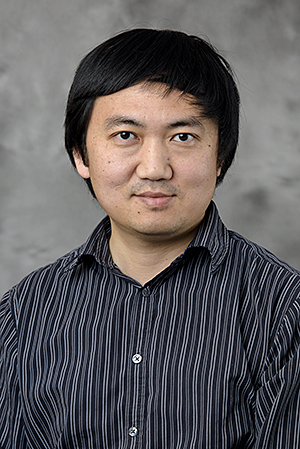
Chen to present 2021 Herbert Newby McCoy Lecture on making quantum matter
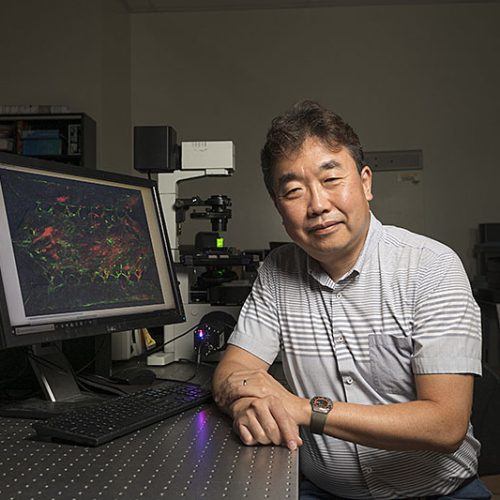
Scientists reverse pancreatic cancer progression in ‘time machine’ made of human cells

Purdue University Distinguished Research Award Lecture Series

Edgy light on graphene may bring new one-way information routers
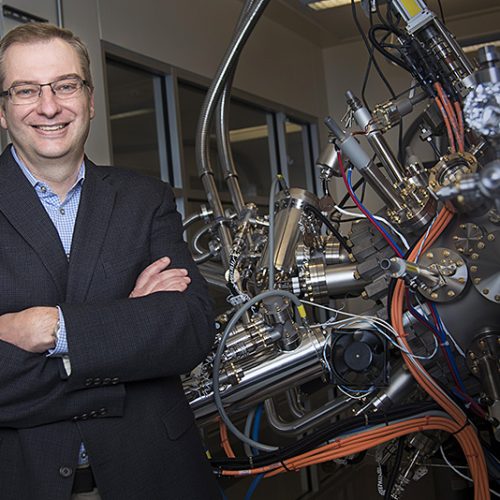
Three professors to receive Purdue’s most prestigious research arwards
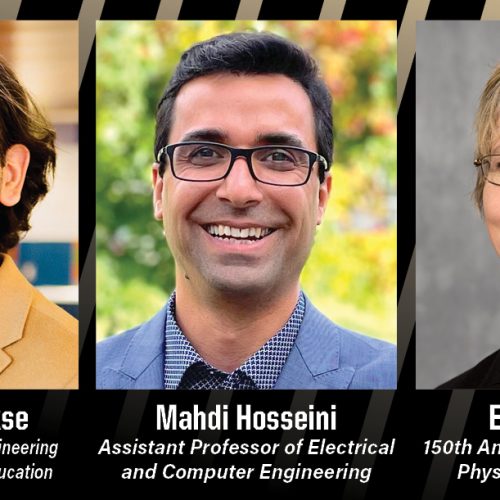
U.S. Department of Defense awards $2.8M to Purdue University Scientists for Quantum Education Program
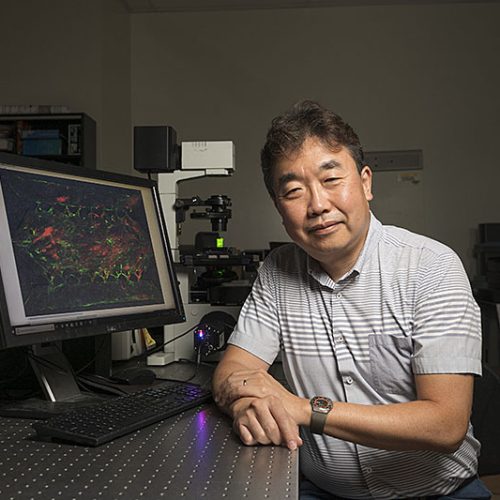
Scientists reverse pancreatic cancer progression in ‘time machine’ made of human cells